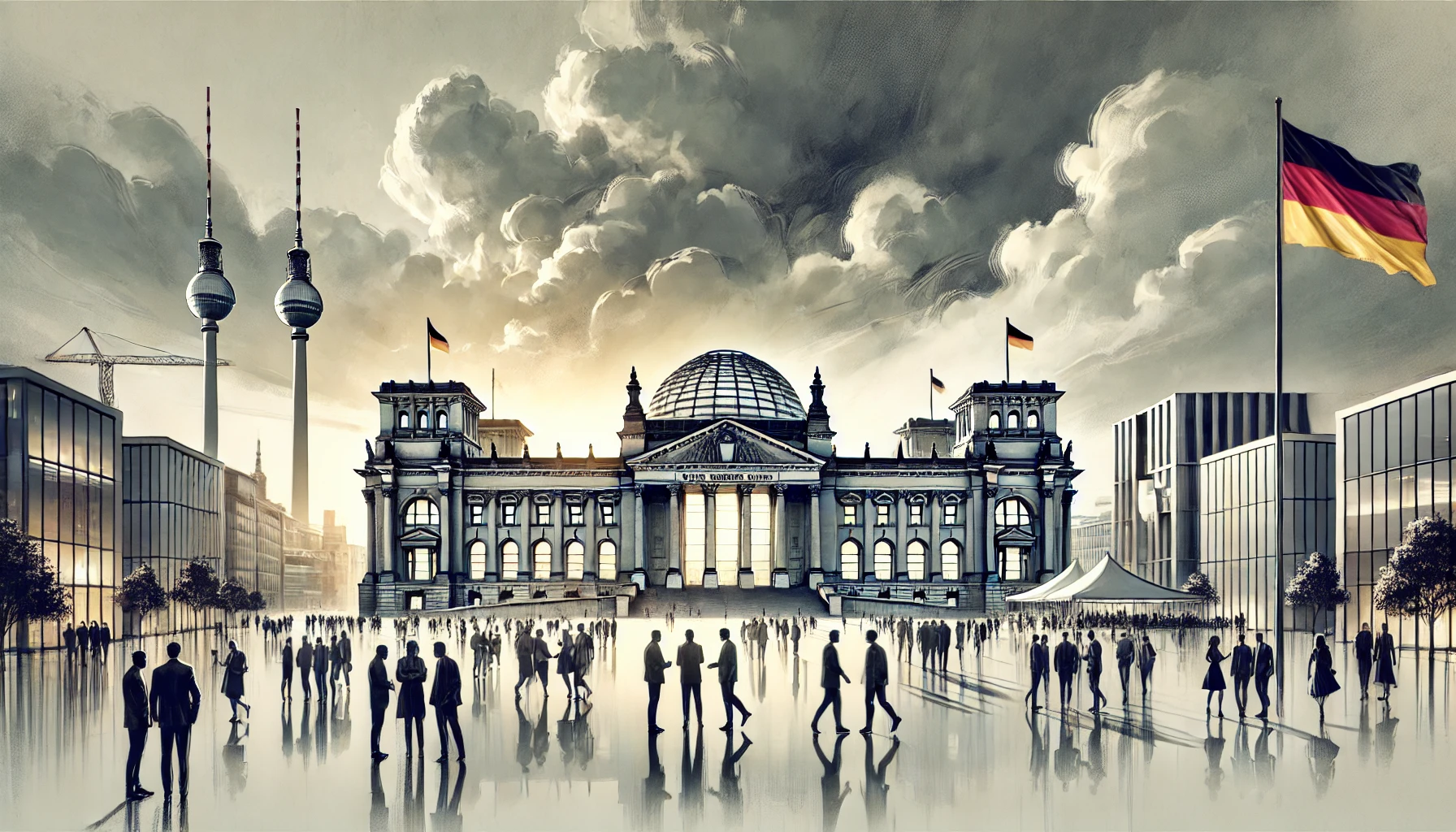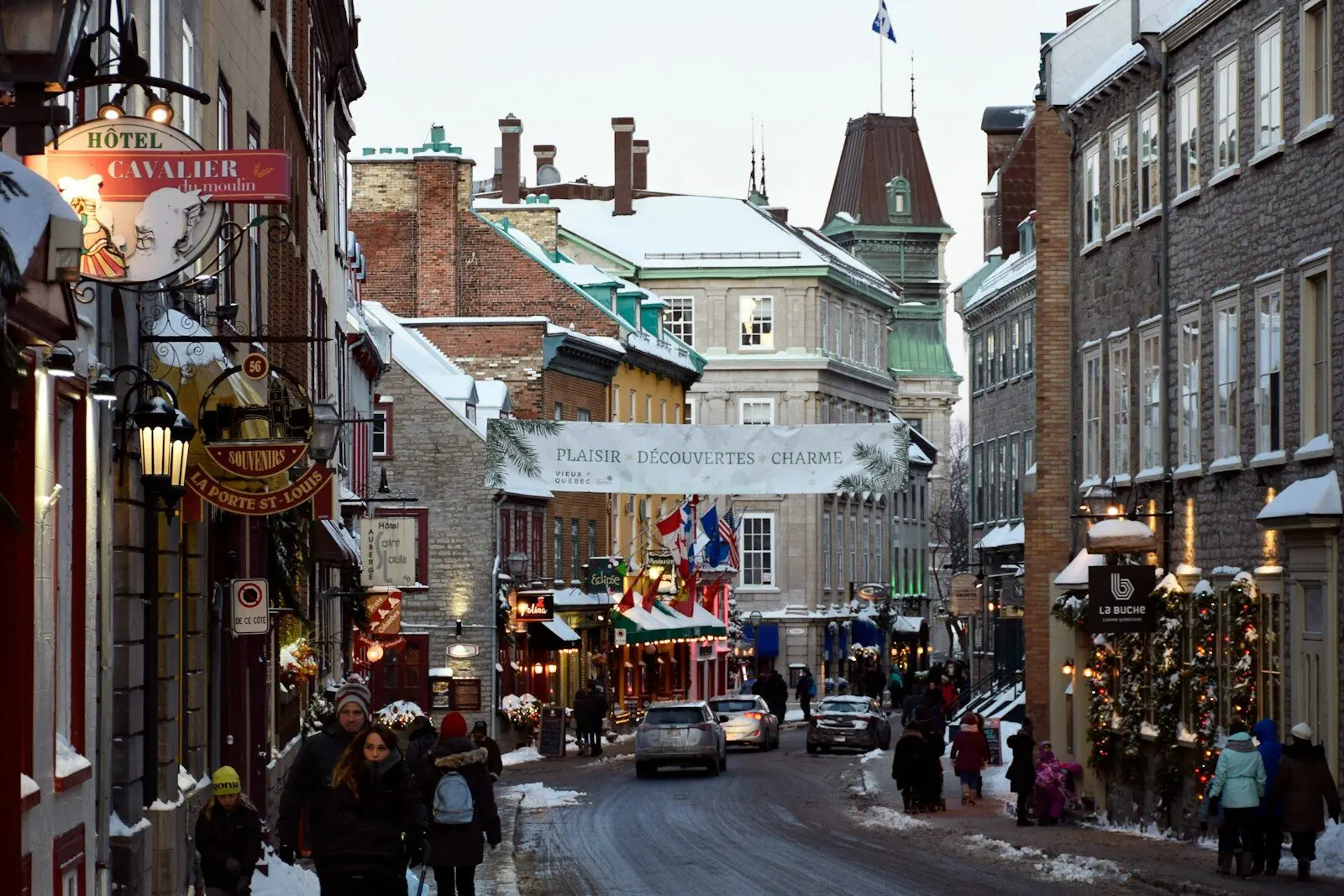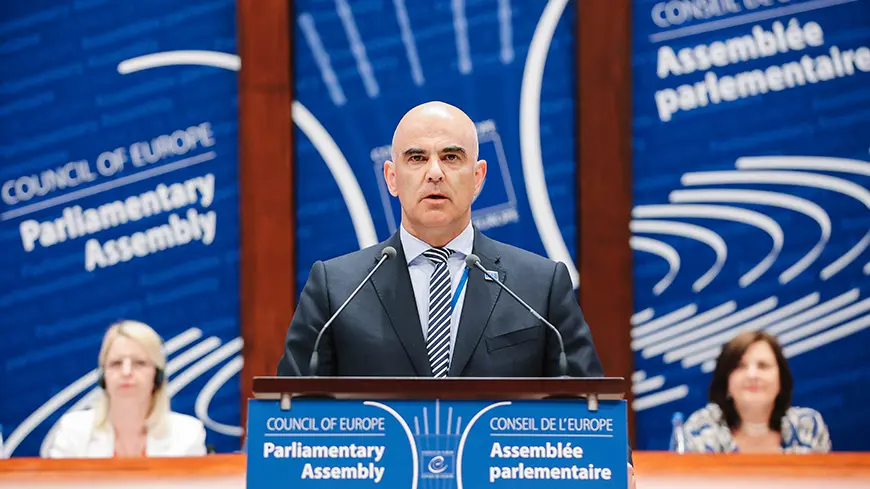As Germany faces significant economic challenges, Chancellor Olaf Scholz has taken the rare step of submitting a vote of confidence to parliament. The decision, marking the first time a German Chancellor has done so in nearly two decades, underscores the gravity of the situation. On Monday, German MPs will vote, determining not only Scholz’s political future but also the direction of Europe’s largest economy.
Why a Vote of Confidence Now?
The vote comes amid mounting economic instability. Germany, once the powerhouse of the European Union, is grappling with a range of crises in key industries such as automotive, iron, and steel. Economic growth projections remain dismal, lagging behind other nations. Against this backdrop, Scholz’s leadership faces increasing scrutiny.
Political analyst Dr. Hajo Funke points out that the stakes are high, not only for Scholz and his Social Democratic Party (SPD) but also for the broader coalition government. According to Dr. Funke, the SPD and the Greens aim to collaborate with the Christian Democratic Union (CDU) on pressing economic and social reforms. However, political maneuvering complicates the situation.
“The Union is tactically a bit in the trap,” says Dr. Funke. “If it doesn’t [cooperate], then it shows that it is socially and economically disinterested… On the other hand, it wants to tell voters that it is doing everything better.”
This delicate balance will likely lead to compromises between the governing parties and the CDU. These compromises are essential to maintaining voter trust ahead of the upcoming elections.
Germany’s Economic Turmoil
Germany’s economic instability cannot be overstated. Dr. Funke highlights the dramatic crises engulfing several sectors, including:
- Automotive Industry: Once a global leader, the industry faces declining competitiveness and challenges in transitioning to electric vehicles.
- Iron and Steel Production: These industries are struggling under the weight of high energy costs and global competition.
- Suppliers: Economic pressures on suppliers ripple throughout the economy, deepening the crisis.
With economic growth prospects dim, Germany’s political leadership is under pressure to address key issues. These include implementing policies to reduce cold progression (a form of tax bracket creep), tackling rental price inflation, continuing financial support for Ukraine, and adhering to environmental and infrastructure commitments such as the Taurus decision.
The Political Fallout: What Happens Next?
The vote of confidence, scheduled for Monday, will test Scholz’s ability to lead through adversity. If Scholz loses the vote, German President Frank-Walter Steinmeier would have three weeks to dissolve parliament. This move could set the stage for snap elections as early as February 23, 2024.
According to recent polls, the CDU currently leads, but political campaigns and voter sentiment can shift rapidly. As Dr. Funke notes, the months leading up to the election will likely see intense debates and negotiations over Germany’s economic and social policies.
The Road Ahead
Germany stands at a crossroads. The outcome of the vote of confidence will determine whether Scholz’s government continues to address the country’s challenges or whether the public will opt for new leadership in early 2024. For now, all eyes are on Berlin, where Monday’s parliamentary vote may mark a turning point in Germany’s political and economic trajectory.






